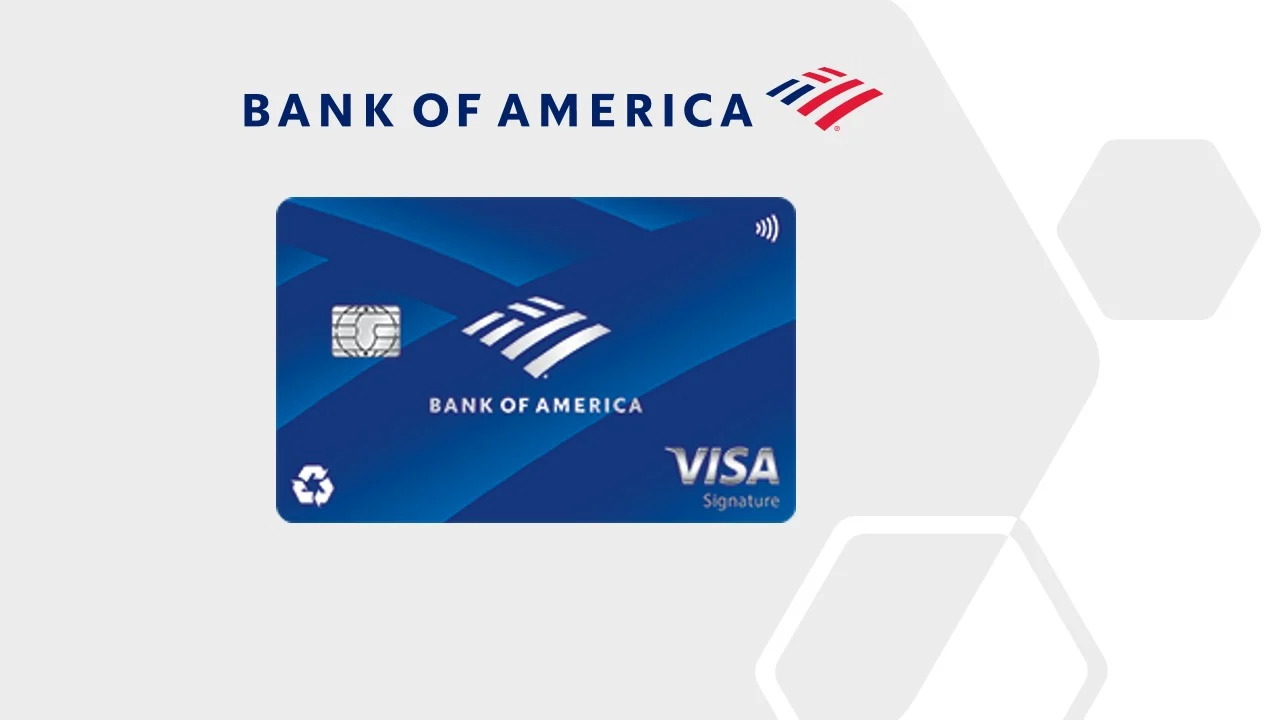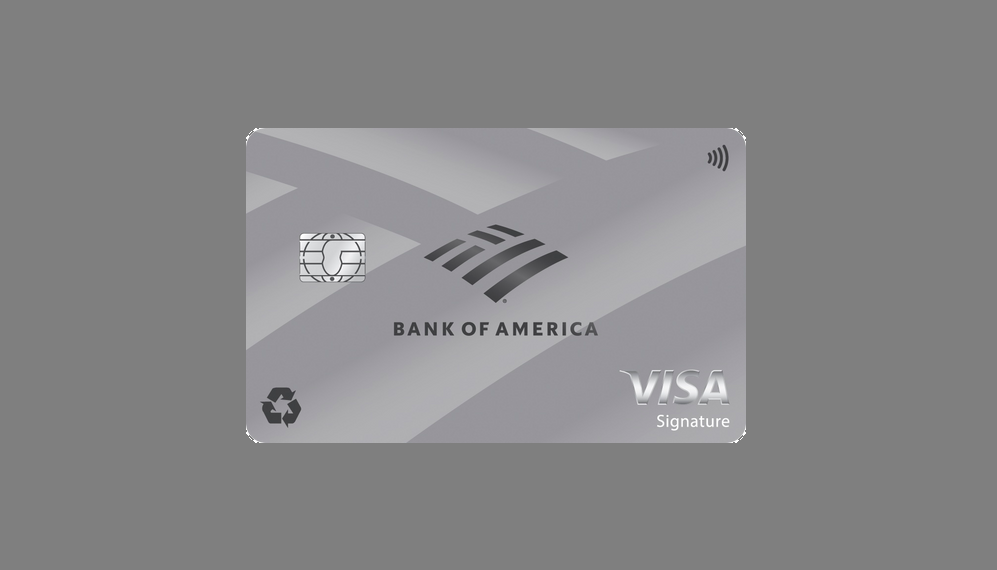Credit Cards for Students: How to Build Solid Credit Early

Understanding the Importance of a Strong Credit History
Beginning your financial journey as a student can be filled with both excitement and challenges. One of the most pivotal steps is understanding how to build a strong credit history. A solid credit history is essential for your future, particularly when applying for significant loans, such as for a car or a home. Aiming to establish your credit history early can pave the way for financial opportunities down the line. Here’s why having a credit card can be particularly advantageous during your college years:
- Establish Credit History: One of the primary benefits of having a credit card is the opportunity to build a credit score. This score is a numerical representation of your creditworthiness and is crucial when you seek future loans. For instance, lenders typically favor borrowers with a solid credit history, which can result in lower interest rates or better terms on loans. As a student, you might not have many credit accounts under your name; thus, a credit card becomes a significant way to start constructing your profile.
- Emergency Expenses: College life can be unpredictable, with unexpected expenses cropping up at any moment. Whether it’s a medical emergency or car repair, having a credit card allows you to manage these situations without needing to scramble for cash. Having a credit card on hand provides a financial safety net, letting you handle urgent costs while repaying the balance later when you have the funds.
- Rewards and Benefits: Many student credit cards come with enticing perks. For example, some cards offer cash back on purchases, allowing you to earn money back on everyday expenses like groceries or books. Other cards might provide discounts on travel or dining, which can be quite beneficial for students who are often looking for ways to save money while enjoying life.
Practicing Responsible Credit Use
While credit cards come with numerous benefits, it’s crucial to use them wisely. Failure to manage credit responsibly can lead to detrimental consequences such as debt accumulation and damaged credit scores. Here are some essential practices to keep in mind:
- Pay On Time: One of the best ways to maintain a good credit score is to ensure that your payments are made on time. Consistently paying your bill by the due date helps prevent accruing interest charges and late payment penalties. Setting up automatic payments can be a helpful strategy to ensure you never miss a deadline.
- Limit Spending: Keeping your purchases within a budget is vital to avoiding debt. A helpful tip is to only charge what you can afford to pay off when your bill arrives. This discipline helps you prevent falling into the trap of credit card debt.
- Monitor Your Credit: Regularly checking your credit report can provide insights into your credit score, helping you understand where you stand and track your improvement over time. Many free resources are available to help students monitor their credit reports, allowing you to catch any potential errors or identify areas for improvement.
By using a credit card wisely and following these responsible practices, you can set yourself up for financial success. Understanding these concepts now will not only empower you as a student but will also prepare you for more informed financial decisions throughout your life.
DISCOVER MORE: Click here for essential tips
Navigating Credit Card Options for Students
As a student, selecting a credit card that aligns with your financial habits and goals is crucial. Fortunately, many financial institutions offer credit cards specifically designed for students, making the process easier. Here are some factors to consider when choosing a student credit card:
- Low or No Annual Fees: Many student credit cards come with minimal or even zero annual fees. This feature is essential, as it allows you to avoid unnecessary costs while you are still in school. Always read the fine print to confirm any potential fees associated with the card.
- Reasonable Credit Limits: Student credit cards typically have lower credit limits, which can be beneficial for keeping your spending in check. A lower limit encourages responsible use and helps prevent overspending, allowing you to build your credit without risking too much debt.
- Good Rewards Programs: Look for student credit cards that offer decent rewards or cash back on eligible purchases. This can significantly benefit your lifestyle; for example, if you utilize your card for purchasing textbooks, groceries, or even gas, those rewards can add up quickly.
- Reports to Major Credit Bureaus: It’s vital that your credit card issuer reports to the three major credit bureaus: Equifax, Experian, and TransUnion. This ensures that your responsible credit usage is reflected on your credit report, contributing positively to your credit score.
When you have a clear understanding of what to look for, navigating the options becomes much more manageable. Do thorough research before applying for any card, ensuring that it serves your financial needs and aligns with your long-term goals.
Building Your Credit Score: The Basics
Once you’ve found the right credit card, it’s time to focus on building your credit score. Your credit score is influenced by several factors, and understanding these elements can keep you on track. Here are the key components that affect your credit score:
- Payment History (35%): Your history of on-time payments plays the most significant role in your credit score. Always make it a priority to pay your credit card bill by the due date, as even one late payment can impact your score negatively.
- Credit Utilization (30%): This measures the amount of credit you’re using compared to your total available credit. It’s generally advised to keep your utilization below 30%. For instance, if your credit limit is $1,000, aim to keep your balance under $300.
- Length of Credit History (15%): As a student, you may not have a long credit history, but establishing yourself early is key. Over time, the positive use of your credit card will help build this aspect of your score.
- Types of Credit in Use (10%): Having a mix of different types of credit can be beneficial, although this is less important when you are just starting. However, consider diversifying later in life as your financial situation evolves.
- New Credit (10%): Opening too many new accounts in a short period can negatively impact your score. It’s advisable to apply for credit judiciously.
Understanding these components will help you take proactive steps towards achieving a strong credit score. By focusing on responsible credit card use, you’ll not only build a solid credit history but also gain confidence in managing your finances.
DIVE DEEPER: Click here to learn more
Smart Strategies for Managing Your Student Credit Card
Once you’ve secured a student credit card, the next step is to adopt smart strategies that will help you effectively manage it. By doing so, you’ll build good credit habits that can serve you well in the future. Here are some tactics to consider:
- Create a Budget: Start by outlining your monthly income and expenses. Include essentials like rent, groceries, and school supplies, and factor in how much you plan to spend using your credit card. This will give you a clear picture of what you can afford to charge without going overboard.
- Set Up Automatic Payments: To avoid late fees and negative impacts on your credit score, consider setting up automatic payments for at least the minimum amount due each month. Most credit card issuers allow you to link your account to a checking account to ensure timely payments. However, it’s always a good idea to review your statements regularly to catch any discrepancies.
- Use Alerts and Notifications: Many credit card companies provide options for alerts regarding your due dates, spending limits, and more. Activating these notifications can help you stay organized and informed about your account status, making it easier to manage your finances responsibly.
- Monitor Your Credit Card Statement: Keep an eye on your monthly statements to track your spending, look for unauthorized charges, and see if you’re on track with your budgeting goals. Understanding your spending habits is crucial to making adjustments as needed. Plus, vigilant monitoring can prevent fraud and identity theft.
- Pay More than the Minimum: Whenever possible, pay more than the minimum requirement to reduce your balance more quickly. Not only does this help avoid interest charges, but it also positively impacts your credit utilization ratio. For instance, if you have a $500 balance and a $1,000 limit, paying off as much as possible will keep your utilization low.
Understanding Interest Rates and Fees
As you become more comfortable with managing your credit card, it’s essential to understand the associated costs, particularly interest rates and fees. Student credit cards generally have higher interest rates than traditional credit cards, which can lead to significant costs if balances are not paid in full. Here are a few details to keep in mind:
- APR (Annual Percentage Rate): This is the rate at which interest accrues on any unpaid balance. If you carry a balance, you’ll want to familiarize yourself with your card’s APR, as it can vary based on your creditworthiness. Choosing to pay off your balance in full each month can help you avoid interest altogether.
- Late Payment Fees: Failing to make your payment on time may result in late fees, which can range from $25 to $40 depending on your card provider. Additionally, a late payment can also negatively affect your credit score, compounding the problem.
- Cash Advance Fees: Some credit cards allow you to withdraw cash via an ATM, but this often comes with high fees and higher interest rates compared to normal purchases. It’s generally advisable to avoid cash advances unless absolutely necessary.
- Foreign Transaction Fees: If you plan to use your credit card abroad, check whether your card has foreign transaction fees. Some student credit cards exempt these fees, which can be a significant savings when traveling.
Having a clear understanding of these costs will empower you to make informed decisions about when and how to use your credit card. By managing your card wisely, you will not only build your credit but also develop financial habits that can lead to long-term fiscal health.
DIVE DEEPER: Click here to uncover the secrets
Conclusion
Establishing a solid credit history as a student can set the foundation for a bright financial future. By taking advantage of student credit cards, you not only learn to manage your finances but also help build a credit score that can significantly impact your ability to secure loans, rent apartments, and even land jobs after graduation. It’s essential to approach credit responsibly. By creating a budget, utilizing automatic payments, and actively monitoring your statements, you can develop healthy spending habits that will benefit you for years to come.
Additionally, understanding the intricacies of interest rates and fees associated with your credit card empowers you to make informed financial decisions. Being diligent in managing your credit card can prevent needless fees and help you avoid falling into debt. If you remember to pay more than the minimum whenever possible and regularly reassess your financial habits, you will enhance your credit standing while also cultivating fiscal responsibility.
Ultimately, building solid credit early is not just about obtaining a credit card; it’s about developing skills that will lead to long-term success. Embrace the learning experience, and view your student credit card as a stepping stone towards financial independence and security. With careful management, the financial tools available to students can lead to a confident and promising financial future.


